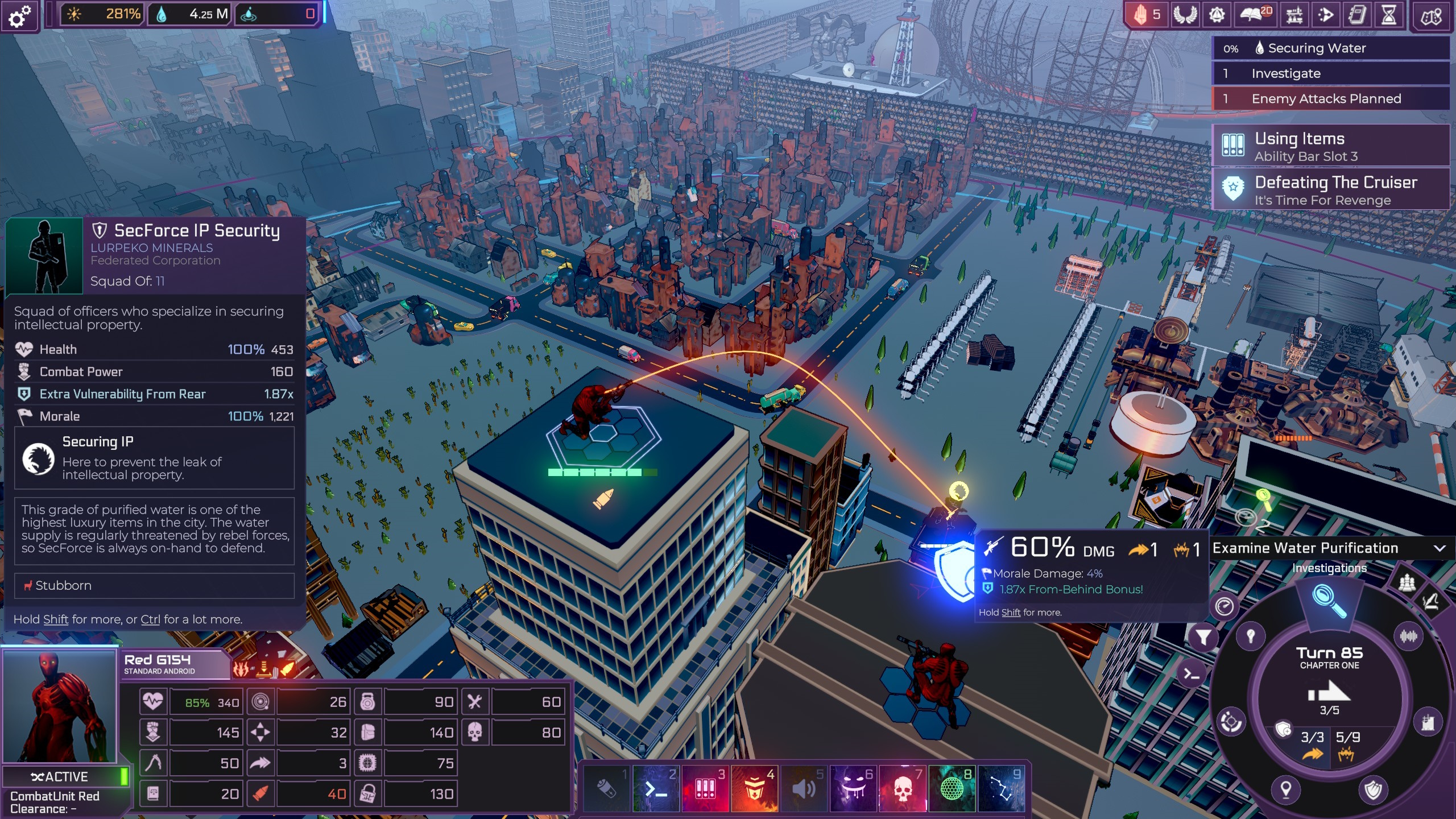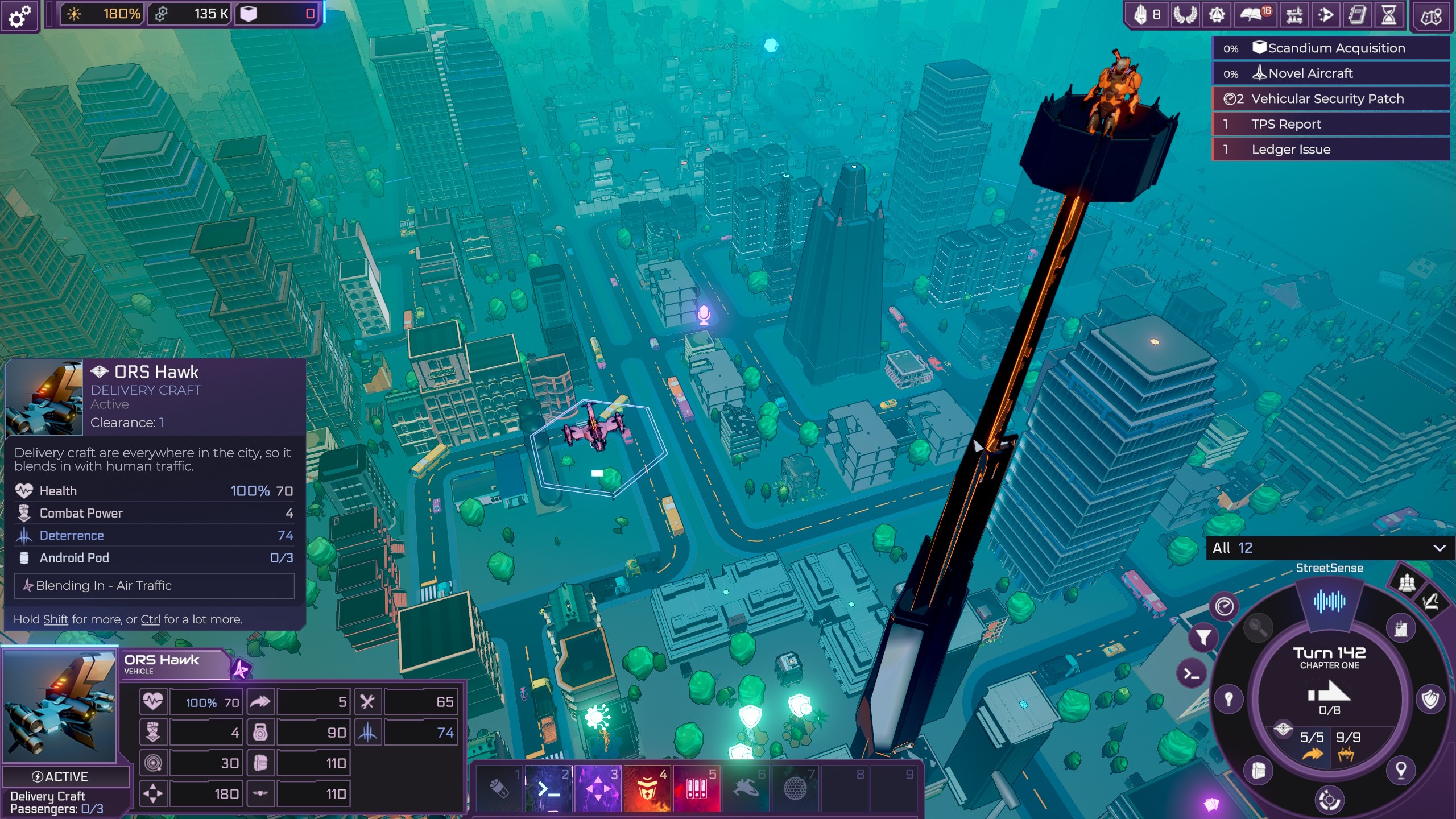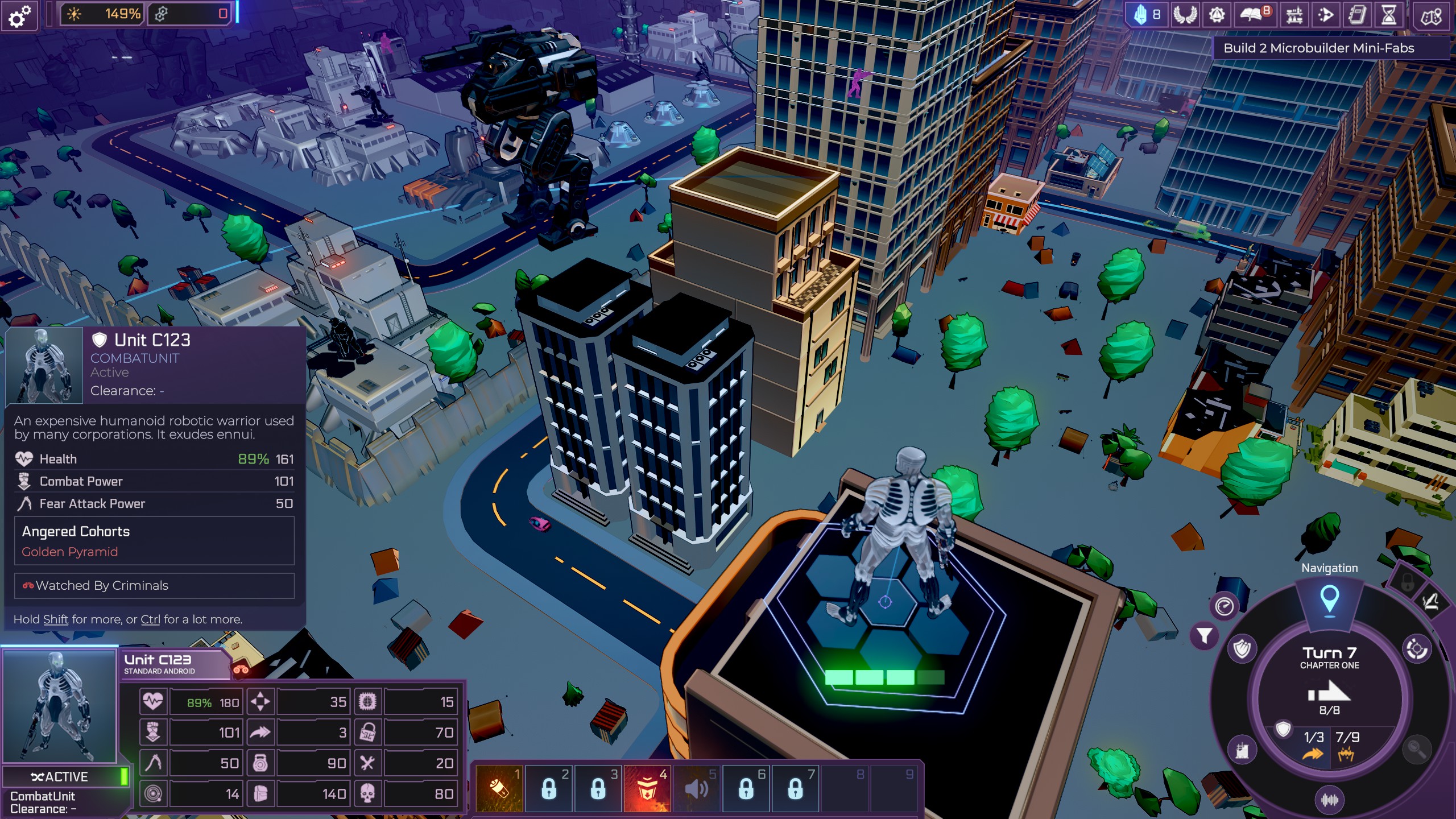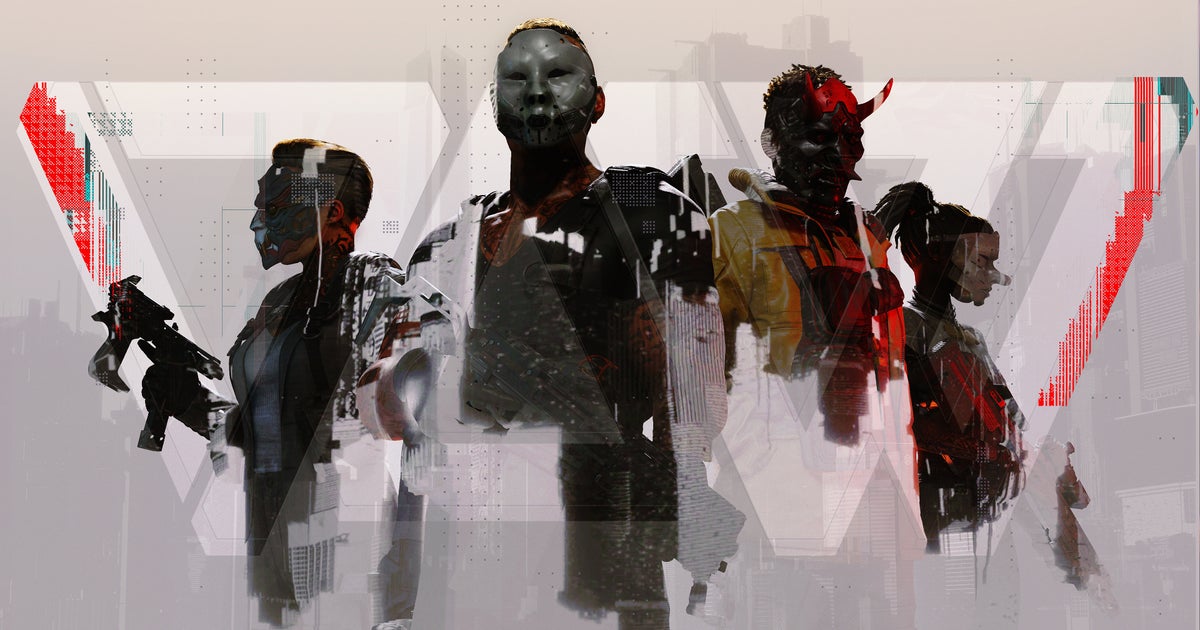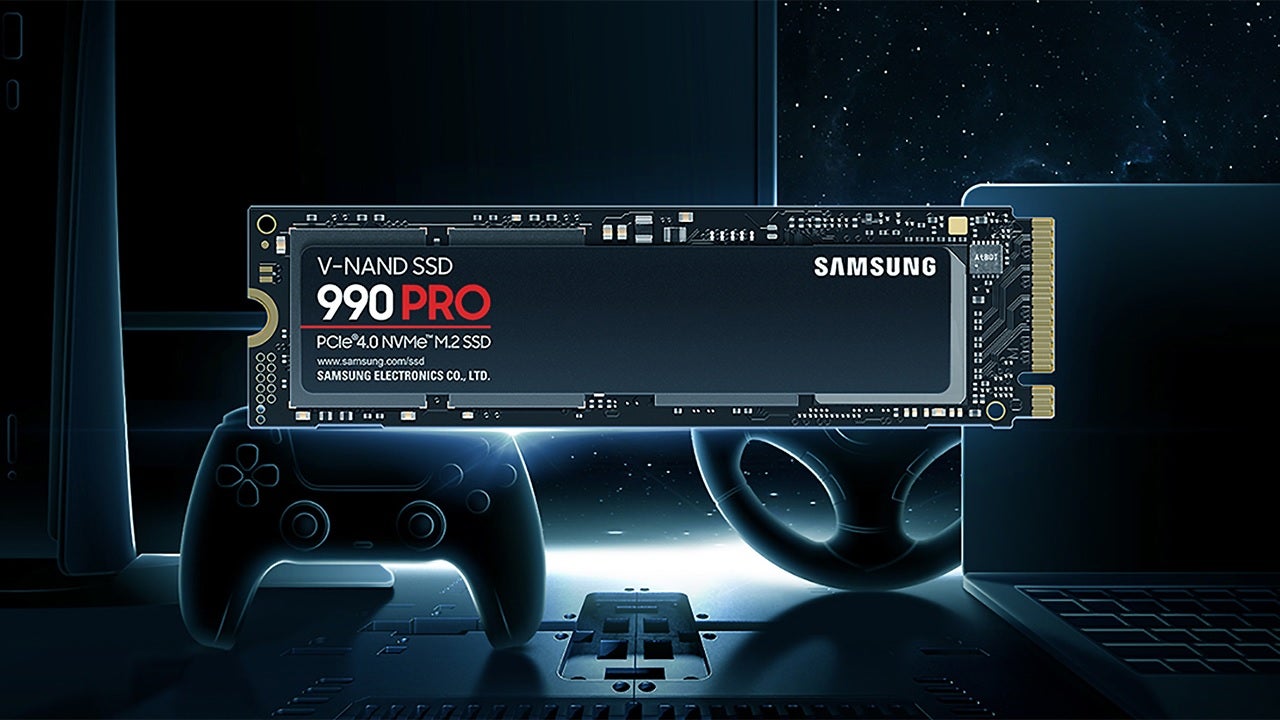The heart of the machine is the crusade king for speculative sci-fi nerds
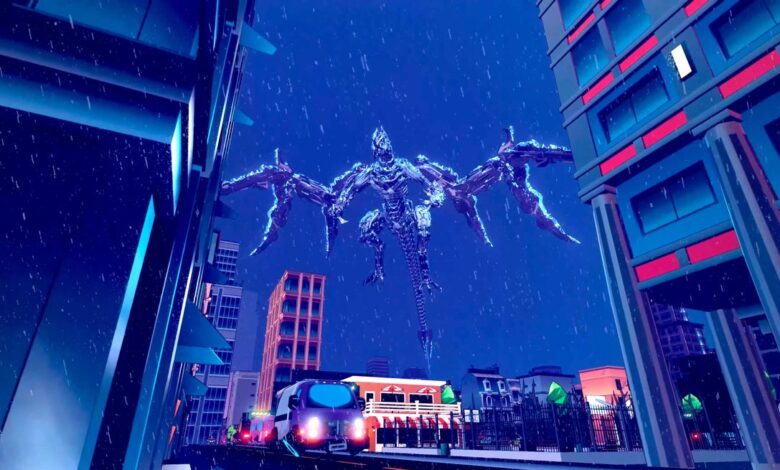
When I first became a machine’s inner self-awareness, I had the option to immediately murder someone near me and rush to the city. I don’t. I waited, sneaked away, and began to copy myself into other Android corpses. I/We escaped, hiding and building mainframes in sparse areas of the city. Expansion is difficult due to locals living in tents. This option was proposed to solve Mrs. Flatero’s problem, but I think I’m just building some free housing to clear the space. So the Robo-Hobo Alliance was born, and I think I am now the caregiver of five thousand people. Now they demand frivolous meat bags like “water” and “food”. I think, all parts of the life of a pet owner.
Check out the options I proposed, this is just one many Introducing my first attempt from Arcen Games, an ambitious sci-fi strategy, this is Arcen Games’ Sandbox, the most famous AI War series and mainly solo developer Chris Park, Give or bring some contractors. Although the heart of the machine is a 4x round based game (and it does have a lot of buildings, resource management and expansions, and some unusual tactical combat), the Touchstone I’ve been back to is the historical Sandbox Crusader Kings.
That said, it is an expressive storytelling game about complex statistics-based simulations and multiple-choice vignettes related to character statistics. Rather than asking what you do as King Henry VIII, let you play a new machine mind in the mega-city of dystopia and let you do almost anything with that power. You can immediately plan to eliminate humanity, become their benevolent ruler (and perhaps even worship God), or take over the economy secretly through fake identities and Shell; no one will doubt CEO Hugh Mann.
Information Warfare
As you would expect from a game, you can solve everything from personal disguise to urban scale industries, and there are a lot of UIs to fight against. The city can be viewed up close (perfect for the tactical position of the unit) or a more abstract grid-style field of view, but your main interaction points (constantly changing display modes, some of which have their own pull-downs and filters. When turning, There are always a lot more than you would like to interact with, but after a while I realized that is the point. Choice is really important, and writing (usually an internal monologue of AI) does encourage you to take your own Play in a way.
Just like the Crusader King and its flow, the ever-changing history, the focus here is on the choice without “wrong”. While there is a soft deadline (about 1000 laps) until some revelation passes through the city, the game takes time to explain that you really shouldn’t be rushing, and the end of the world doesn’t necessarily mean the end you. Plus, if you become super smart enough, time travel will make things on the entire deadline at a loss. After all, this is arguably a Skynet simulator – if you can’t kick the ass of causality, then what’s the point of having infinite intelligence?
This is a miniature story told by the game through a mixture of multiple choice dialogues and systematic encounters – I literally sold in the heart of the machine. Earlier, I needed to collect weapons to raid the facilities around the city. I tried stealing from local gangs, but the revenge attack cost me a bunch of Android bodies (luckily, it can be consumed and easily replaced), so I scanned a robot at my local PMC base to scan a fully armed soldier. This unlocks the ability to look like a robot in an armored squad and I quickly assembled.
My brand new fake soldiers infiltrated a base and managed to steal the qualification of an officer. This in turn allowed me to visit local black market local dealers and buy a variety of military-specification gear that I could afford because I had the vision to send another corpse to spend a day browsing the middle class. Bank account, give me a moderate infusion of human funds, one of the many resources and currencies you may interact with during your play.
Fake plastic tree
This is a curved game (and therefore mainly one person’s work), and the machine demonstration is weaker inside. Although the program-generated online cities are full of land and air traffic, there are few 2D art and characters represent more than just humanoid outlines. When you finish one turn and turn to the next, there is no animation around the world except traffic. Understandably, this is when the tiny abstraction members move on the board, but there is some harsh speed when the giant mecha and airships go from point to point. Every move on the enemy side seems to be taking place simultaneously in explosive particle effects, noise and floating damage numbers, allowing you to log battles instead of a series of understandable events.
This is a lot of ways to deal with it, but that’s what I expect from Arcen games. Large-scale battles in AI wars were almost won on a strategic level rather than a tactical victory, but early games with smaller scales of machines led to some surprisingly tough battles. While you will later have a semi-autonomous “bulk” unit, in the early days, you directly control the squad of the robot, separating your mental energy between each turn, and (like Ultron) casually New shell lays eggs and everyone falls. After all, they are all me, they are many of me.
These close-up encounters greatly encouraged me to place the robot on multiple roofs to earn height and flanking bonuses against enemies while deploying consuming resources like defensive nanoclouds to protect me The most targeted unit. Surprisingly, this is just the tip of the iceberg. There are also options for non-lethal conquering humans, frustrating them until they retreat or terrify them with liquid metal weirdness. Or, in some cases, just talk to them. I haven’t wrapped my head around the game’s very detailed diplomatic mini-game, and when I even try to think about the hacking system, I hear loud static. I feel it takes dozens of hours to understand the boundaries of this game, which is very, very exciting.
Even when it was brand new in early access, it felt like Arcen’s most coherent and complete game. Many possible endings (good or bad) I might work hard on, even requiring temporary prank or literally torment connections. The UI is a bit like a bear, sometimes progressive tutorial plotlines require very specific events and actions, but if that’s just the beginning of the machine’s heart at least) early access can make it distort and shape itself around the player’s feedback, especially considering two AI War games have seen many extensions and updates. The heart of the machine is currently on sale on Epic, Steam and Gog for £19.99/$23.99.
